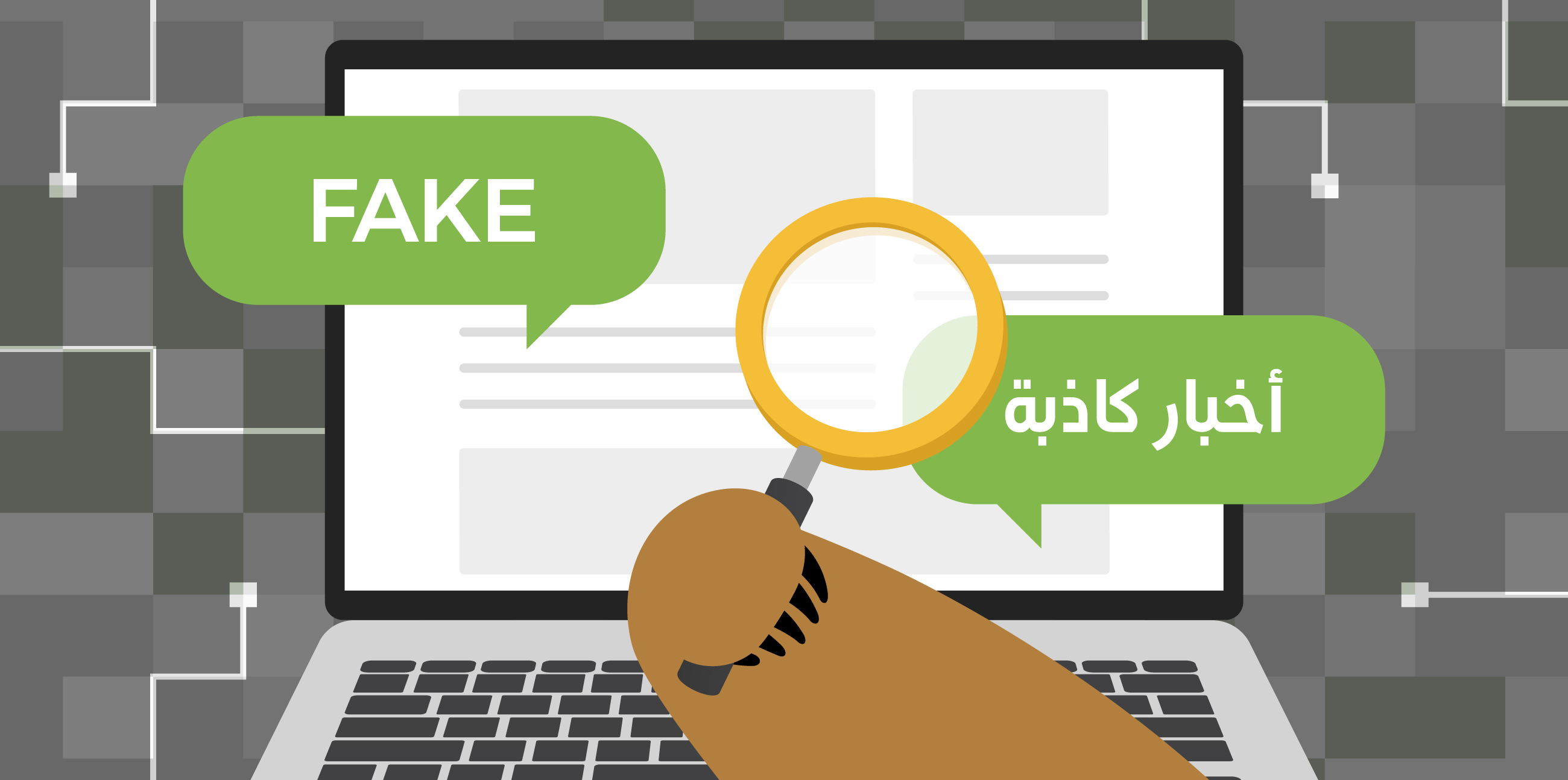Ideas Beyond Borders - TunnelBear Tales
11 minute read
TunnelBear allows users to browse the internet safely without fear of network restrictions or surveillance. We’re exploring what the often abstract concept of censorship looks and feels like for those on the ground experiencing it. Ideas Beyond Borders (IBB) works with translators in the middle east to broaden the depth and availability of online materials in Arabic. They fight misinformation online through the furtherance of knowledge, and they were kind enough to share their story.
TunnelBear: Tell us a bit about Ideas Beyond Borders, why did you start the organization?
Ideas Beyond Borders: We live in the information age and IBB is about making inaccessible information accessible to those who seek it.
I grew up in Iraq under multiple regimes. In that time, Iraq moved from three sources of information owned by the state to 1000 owned by different political parties and agendas. It reached such a level that it became so difficult to know the truth.
When I left Iraq, I made a promise that if I was given the ability to do something to solve this problem I will, and IBB is the fulfillment of that promise.
TB: What part does translation play in the greater fighting misinformation and peacebuilding process?
IBB: The MENA region is not a monolith. However other than gulf states, many people in the region are monolingual and are facing crippling levels of unemployment, humanitarian disasters, and education systems created by authoritarian regimes to limit knowledge and critical thinking. This combination creates a vulnerable general public eager for answers wherever they can find them.
When we started IBB, only 0.6% of online content was available in Arabic (according to w3 technologies which index the internet). Now it’s 1.0%, and we still have a long way to go!
Our larger goal is to increase factual information in Arabic and other MENA languages. Due to the fact that there is more content in other languages, translation is an easier way to do that than starting from scratch.
TB: Do your translators face threats from local or state-level censors?
IBB: Unfortunately yes, all our translators live in the MENA region and they live in countries with high levels of censorship.
We encourage our translators to remain anonymous for that reason, however, some of them decided to go public to inspire others to join them, and with that came the cost of threats both physical and digital.
Recently, one of our translators helped us distribute flyers on the streets to fight misinformation and conspiracy theories about COVID-19. Some activists were targeted and killed recently for speaking out in public about this, so they are now worried for their life and in hiding.
TB: How important are digital security tools to your work? Could you elaborate on this?
IBB: Extremely! According to our logic model, there are two main beneficiaries of IBB, the translators, and the readers.
We have about 120 translators who work with us on a full-time and part-time basis and about 4.5 million people who follow us on social media.
99.9% of both the readers and the translators live in countries with high levels of censorship, sanctions, and authoritarianism.
Just to give you a point of reference, Turkey just lifted the block they had on Wikipedia and they have plans to shut it down again.
In Iraq, during the latest protests, the government shut down most of the websites. In Syria, they can’t access most websites without a VPN. In Egypt, there are new restrictions every day about working with or learning from “nonstate approved foreign organizations”.
These are all recent examples - there are new cases of censorship almost every day.
TB: Would you like to comment on digital security literacy and practise in the MENA region? What role does Ideas Beyond Borders play here?
IBB: Almost nonexistent, unfortunately, most of the region is controlled by absolute monarchies and theocrats and neither of these systems want a population that can think for itself and chooses its own destiny, therefore they have been curbing on many attempts to make digital security literacy more common.
However, some of that has backfired.
There is a proverb in Arabic that says:الممنوع مرغوب" which I believe translates metaphorically to the forbidden fruit is wanted.
And as a result, some initiatives such as ours are receiving attention in the region because we offer the “alternative” narrative. That explains why our content, some of which are about digital literacy has been viewed thousands of times.
People are demanding such content more and more. I encourage all companies and advocates to write articles or make videos on digital security with Arabic subtitles, they will be surprised by the demand for such content.
TB: Is there a particular story you or one of your translators would like to share that influenced your path?
IBB: I can share a personal story here about how I understood the first gulf war growing up in Iraq through the lens of the government.
“30 years ago, Saddam Hussein invaded Kuwait and most people outside of Iraq know the story about what actually happened.”
I didn't know the above was true until 2004, 14 years after-the-fact. I watched a National Geographic documentary talking about the first gulf war and I remember being shocked.
We were taught that the battle is called "أم المعارك" which translates to "mother of all battles," and that Iraq actually won that war against 33 aggressors.
We only had three channels in Iraq back then, and all of them were owned by the state.
Satellite television was not allowed if you were not well connected and knew how to hide the equipment.
For most of us who were born and raised in Iraq disinformation campaigns were the norm.
I am sure this is the case for many other countries and not just in Iraq but I feel like in the MENA region we have disinformation on steroids.
That's why I have made it the mission of my life to combat propaganda and misinformation from authoritarian states. I truly believe that making critical thinking, digital, and media literacy materials accessible are some of the best ways to combat them.
Too often, time is spent teaching people what to think, when what is more important is teaching people how to think. To look for evidence, to seek factual information in their language, and it is our role to make that information as accessible and easy to understand, just as the opponents do when they spread misinformation.
TB: Have any of your translated articles faced online blockages? How do you respond to instances like this?
IBB: Yes, Wikipedia Arabic (which is a partner of ours) was blocked in Turkey multiple times and so are some links to our books as reported to us by readers in Syria.
We respond to that by creating mirror links and uploading our books on as many sharing websites as possible so people can download them somewhere else, even if our website is blocked.
All our content is available for free and is either creative commons or licensed legally for public use. This helps us be very adaptive and responsive to the constant threat of censorship.
TB: You’ve referred to your organization as fighting the middle east’s “battleground of misinformation.” This topic seems to be top-of-mind right now for many organizations and governments in the West. How do you see this unfolding for them, and is there any advice you’d like to share?
IBB: I have a limited understanding of the media landscape in the west, as I do of the middle east, but I can provide observations for what I’ve seen in the United States.
I noticed that the subject of combating misinformation and fact-checking has been super politicized, which actually creates a fertile ground for more misinformation to spread.
More neutral sources like Agence France-Presse and Reuters are doing a better job than more corporate one-sided news sources that are more interested in sensational articles that drive ad revenue.
As for advice, I would advocate for the same principles we are applying for the MENA region, which is to make media literacy and critical thinking as easily accessible to the general public as possible, the same way we teach math and writing in elementary schools.
We live in the misinformation age and media literacy and critical thinking are the best-proven vaccine against it.
Sincerely rawrs,

TunnelBear is a very simple virtual private network (VPN) that allows users to browse the web privately and securely. It secures browsing from hackers, ISPs, and anyone that is monitoring the network. TunnelBear believes you should have access to an open and uncensored internet, wherever you are.

